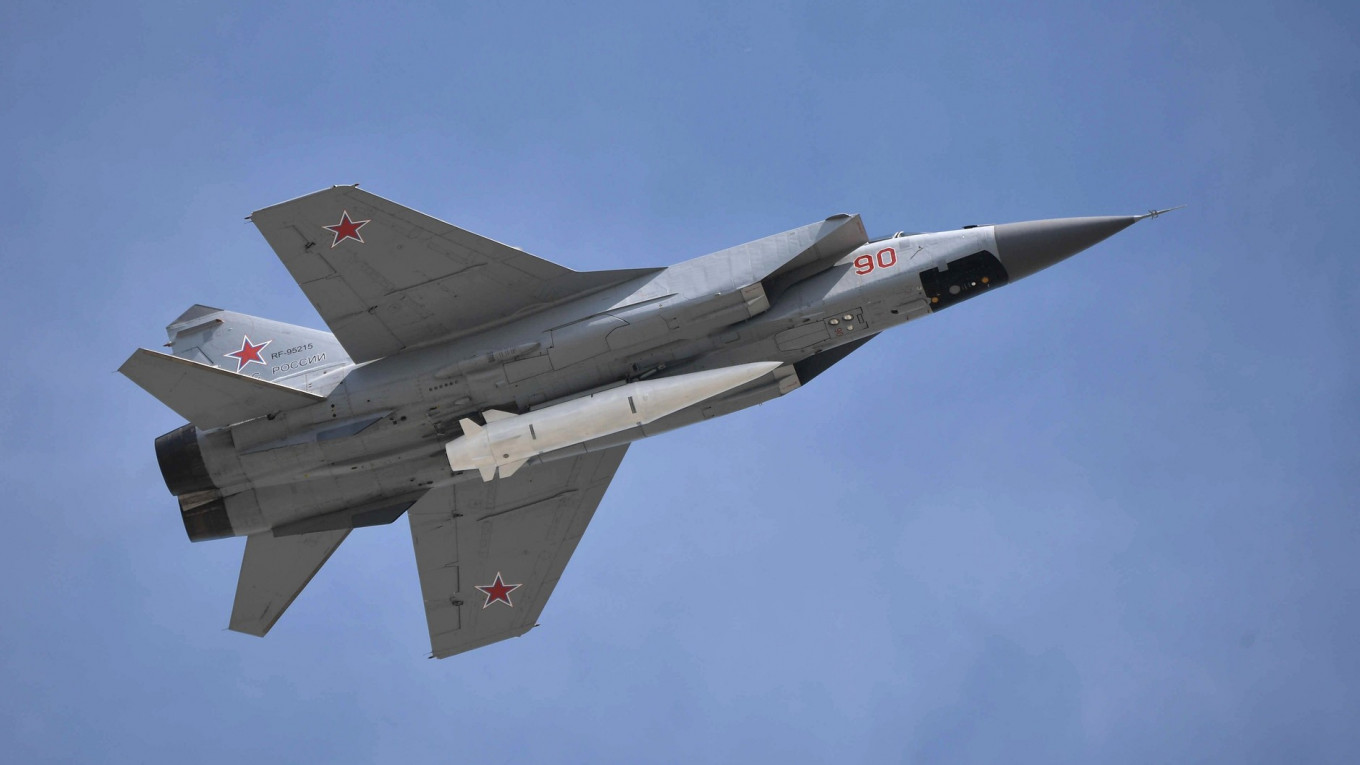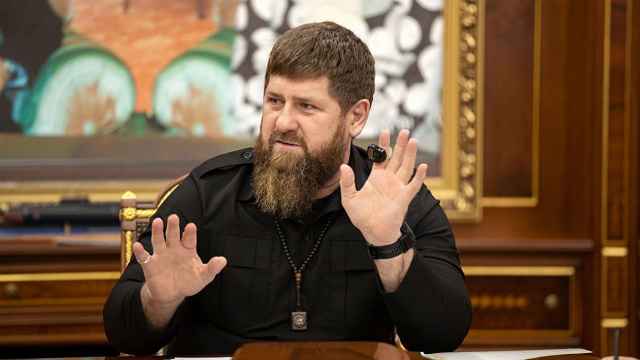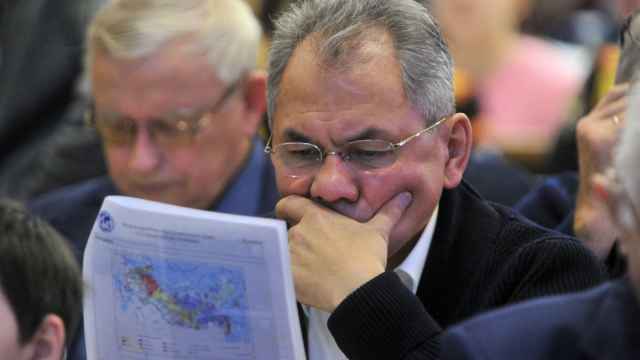Russia used its newest Kinzhal hypersonic missiles on Friday to destroy an underground missile and ammunition storage site in western Ukraine close to the border with NATO member Romania, in what analysts said was the first use of such weapons in the world.
The Defense Ministry made the announcement on Saturday, with the escalation coming on the 24th day of the conflict as Ukrainians are putting up fierce resistance and the advance of Russian troops stalled, according to Western officials.
Russia has never before admitted using the high-precision weapon in combat, and state news agency RIA Novosti said it was the first use of the Kinzhal (Dagger) hypersonic weapons during the conflict in pro-Western Ukraine.
"The Kinzhal aviation missile system with hypersonic aeroballistic missiles destroyed a large underground warehouse containing missiles and aviation ammunition in the village of Deliatyn in the Ivano-Frankivsk region," the Russian Defense Ministry said Saturday.
A Defense Ministry spokesman declined to comment when reached by AFP.
Russian President Vladimir Putin has termed the Kinzhal air-launched missile "an ideal weapon" that flies at 10 times the speed of sound and can overcome air-defense systems.
The Kinzhal missile was one of an array of new weapons Putin unveiled in his state-of-the-nation address in 2018.
Deliatyn, a village in the foothills of the picturesque Carpathian mountains, is located outside the city of Ivano-Frankivsk.
The region of Ivano-Frankivsk shares a 50-kilometer (30-mile) long border with Romania.
Hypersonic missiles can be used to deliver conventional warheads, more rapidly and precisely than other missiles.
But their capacity to deliver nuclear weapons could add to a country's threat, increasing the danger of a nuclear conflict.
"This is the first case of the use of hypersonic weapons in combat in the world," military analyst Vasily Kashin told AFP.
Russia leads the hypersonics race, followed by China and the United States, and several other countries are working on the technology.
Kashin, head of the Center for Comprehensive European and International Studies at Moscow's Higher School of Economics, said that compared to cruise missiles hypersonic weapons were more efficient at destroying underground storage sites.
"A hypersonic missile can have higher penetration and destructive power due to its very high speed," he said.
Like the much slower, often subsonic cruise missile, a hypersonic missile is maneuverable, making it harder to track and defend against.
'Propaganda effect'
But some experts have said Russia might be exaggerating the abilities of its hypersonic arsenal.
Military analyst Pavel Felgenhauer suggested that the use of the Kinzhal would change little on the ground in Ukraine.
"Fundamentally this does not change anything on the battlefield, but it gives a certain psychological and propaganda effect to scare everyone," he told AFP.
He said Russian forces could have used the advanced missiles also because they might be running out of other weapons.
"The costs are too high," he said. "No one expected such a long war."
Joseph Henrotin, defense strategy researcher and chief editor of DSI, a French military review, struck a similar note.
Taking to Twitter, he suggested that Russia might be running out of Iskander short-range ballistic missile systems or wanted to raise the stakes by deploying a nuclear-capable hypersonic missile in Ukraine.
A Message from The Moscow Times:
Dear readers,
We are facing unprecedented challenges. Russia's Prosecutor General's Office has designated The Moscow Times as an "undesirable" organization, criminalizing our work and putting our staff at risk of prosecution. This follows our earlier unjust labeling as a "foreign agent."
These actions are direct attempts to silence independent journalism in Russia. The authorities claim our work "discredits the decisions of the Russian leadership." We see things differently: we strive to provide accurate, unbiased reporting on Russia.
We, the journalists of The Moscow Times, refuse to be silenced. But to continue our work, we need your help.
Your support, no matter how small, makes a world of difference. If you can, please support us monthly starting from just $2. It's quick to set up, and every contribution makes a significant impact.
By supporting The Moscow Times, you're defending open, independent journalism in the face of repression. Thank you for standing with us.
Remind me later.






